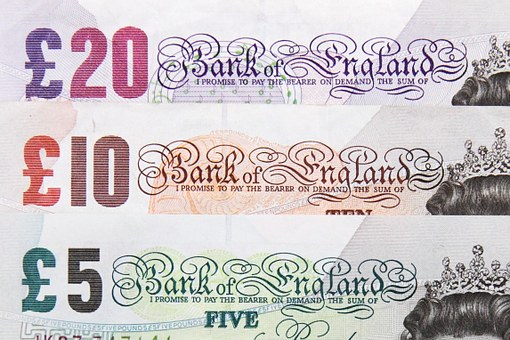Spectre of ‘No Deal’ sends sterling to lowest value in more than two years
The pound has continued to fall on currency markets as the UK government continues to insist Britain is prepared to leave the EU without a deal.

Sterling continued to slide on the foreign exchanges on today after tumbling the most in a single day since November on Monday, taking the currency to the lowest level for 28 months.
It hit a fresh two-year low of $1.2120 against the dollar, before recovering some ground.
The currency also slid against the euro, falling to €1.0881 at one point.
The fall in the value of the pound means UK tourists heading abroad could face a “horrendous summer”, according to one currency expert and there were reports of sterling being offered at parity with the euro at bureaux de change at major airports.
Under new prime minister Boris Johnson, the UK government has toughened its stance on a no-deal Brexit, which it has said is “now a very real prospect”.
Seema Shah, senior global investment strategist at Principal Global Investors, said: “If it looks like this juggernaut cannot be stopped, we do expect sterling to keep falling.”
She added that the pound could drop as low as $1.18 against the dollar, but said: “There is a widespread view that a no-deal Brexit will be stopped.”
Meanwhile, the Financial Times’s Katie Martin told Channel 4 News last night that: “No economist or trader alive thinks sterling can get through no deal Brexit without getting punched in the face” and described parity with the US dollar as something being anticipated by traders in a scenario she called “brutal”.
Economists have also warned that the latest slide in the value of sterling could drive up the cost of living for British consumers as subsequent inflation begins to rise as imported goods become more expensive.
Victoria Clarke, an economist at the City bank Investec, said: “If we look back to the sharp drop in the pound after the Brexit referendum there were some pretty sizeable consequences for inflation down the line. It was material and squeezed household cash positions quite significantly.
“If the pound hangs around at these levels for a few months we would start to see rising inflation.”
The Bank of England has a 2 per cent inflation target set by the government, and would in normal circumstances raise interest rates to keep inflation under control. However, faced with a global economic slowdown and no-deal Brexit risks at home, the Bank has limited room for manoeuvre.



